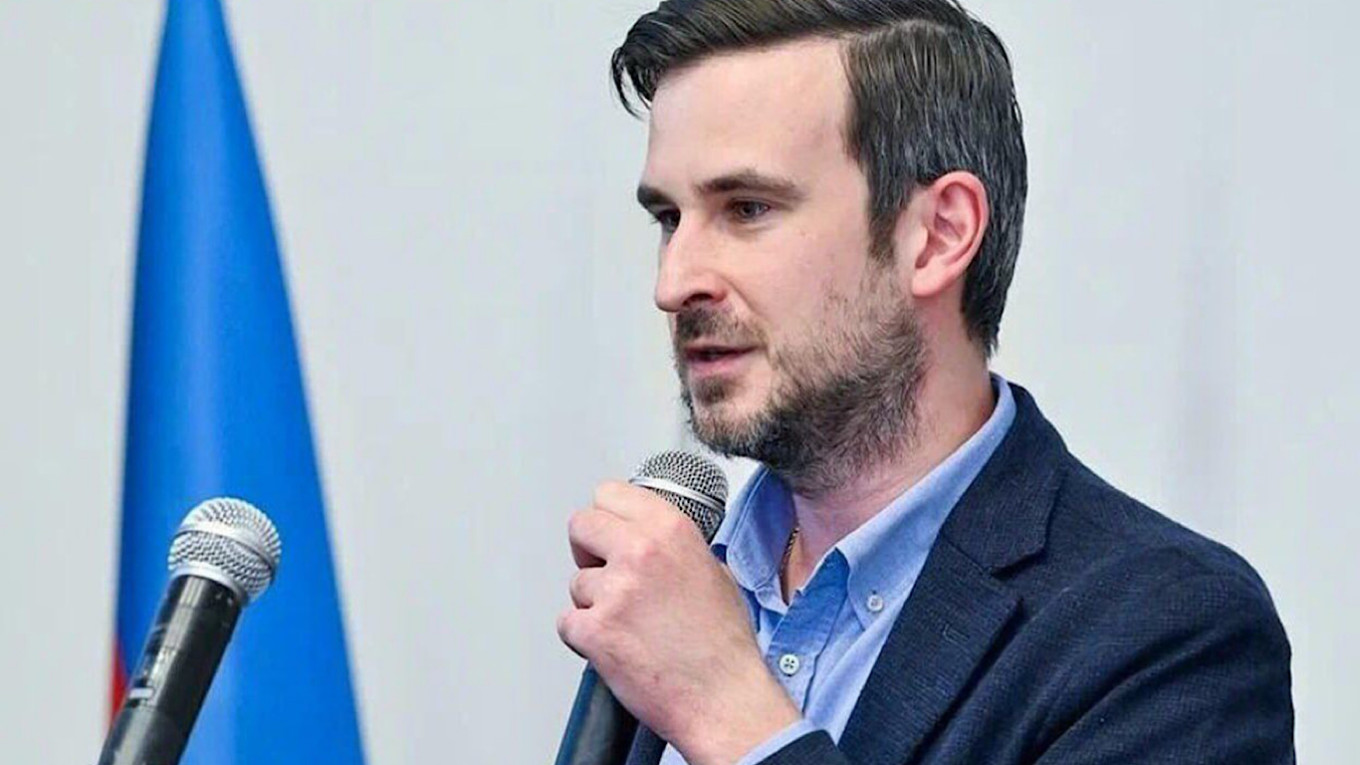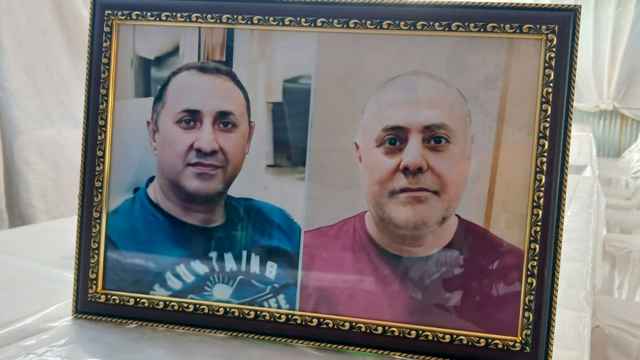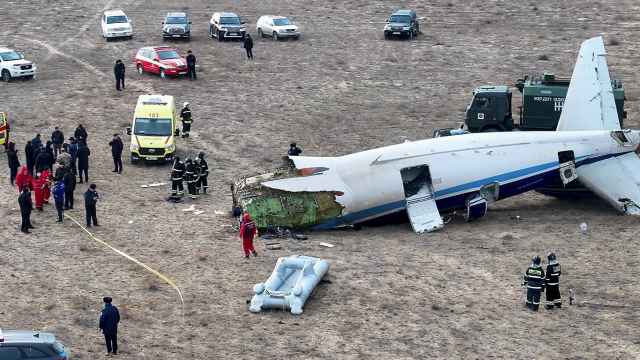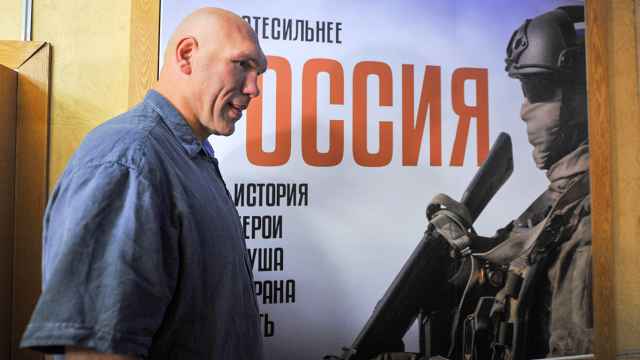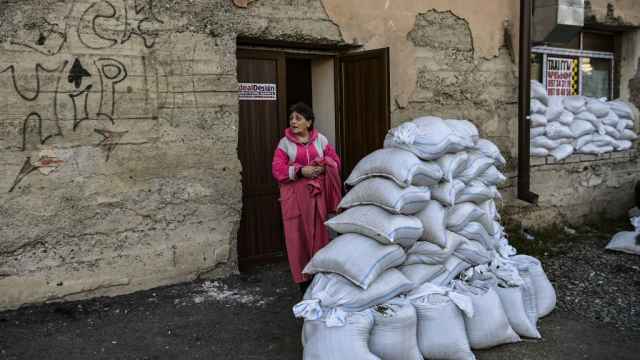Azerbaijan released the local bureau chief of Russia’s state-owned news outlet Sputnik following high-level negotiations with Moscow, the Kommersant business newspaper reported on Thursday, citing Kremlin foreign policy adviser Yury Ushakov.
Dmitry Kiselyov, who oversees Sputnik’s parent organization, later clarified that the editor-in-chief of Sputnik Azerbaijan, Igor Kartavykh, had been moved from police detention and placed under house arrest in Baku. It was not immediately clear whether he still faced criminal charges.
Kartavykh and his deputy editor were arrested in June after Azerbaijani law enforcement authorities raided Sputnik Azerbaijan’s office, accusing the state news outlet of operating through “illegal financing.” Russia rejected the claims.
Ushakov told Kommersant that Russia had, in turn, freed a citizen of Azerbaijan who was arrested earlier. Citing an anonymous source, the newspaper later reported that Russian authorities released the former head of the Moscow Academic Satire Theater, Mamedali Agayev.
Both arrests came amid worsening relations between Moscow and Baku following the December 2024 downing of an Azerbaijani Airlines passenger plane. The jet was flying from Baku to Grozny in the republic of Chechnya when it disappeared from radar near Russia’s Caspian Sea coast before crashing later near the Kazakh city of Aktau, killing 38 people on board.
On Thursday, President Vladimir Putin publicly admitted for the first time that Russia was to blame for the crash, telling Azerbaijan’s Ilham Aliyev at a meeting in Tajikistan that two Russian anti-air missiles exploded near the plane during a Ukrainian drone attack in Grozny.
A Message from The Moscow Times:
Dear readers,
We are facing unprecedented challenges. Russia's Prosecutor General's Office has designated The Moscow Times as an "undesirable" organization, criminalizing our work and putting our staff at risk of prosecution. This follows our earlier unjust labeling as a "foreign agent."
These actions are direct attempts to silence independent journalism in Russia. The authorities claim our work "discredits the decisions of the Russian leadership." We see things differently: we strive to provide accurate, unbiased reporting on Russia.
We, the journalists of The Moscow Times, refuse to be silenced. But to continue our work, we need your help.
Your support, no matter how small, makes a world of difference. If you can, please support us monthly starting from just $2. It's quick to set up, and every contribution makes a significant impact.
By supporting The Moscow Times, you're defending open, independent journalism in the face of repression. Thank you for standing with us.
Remind me later.


